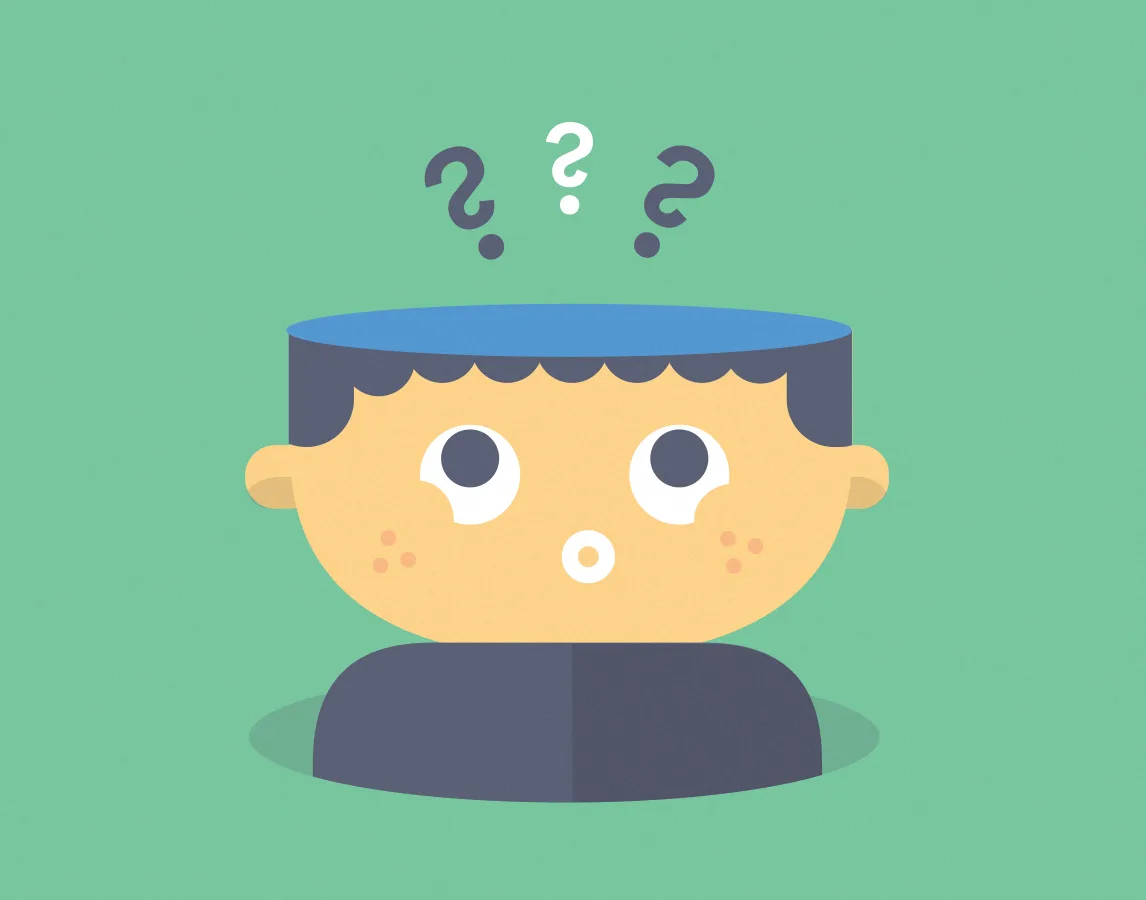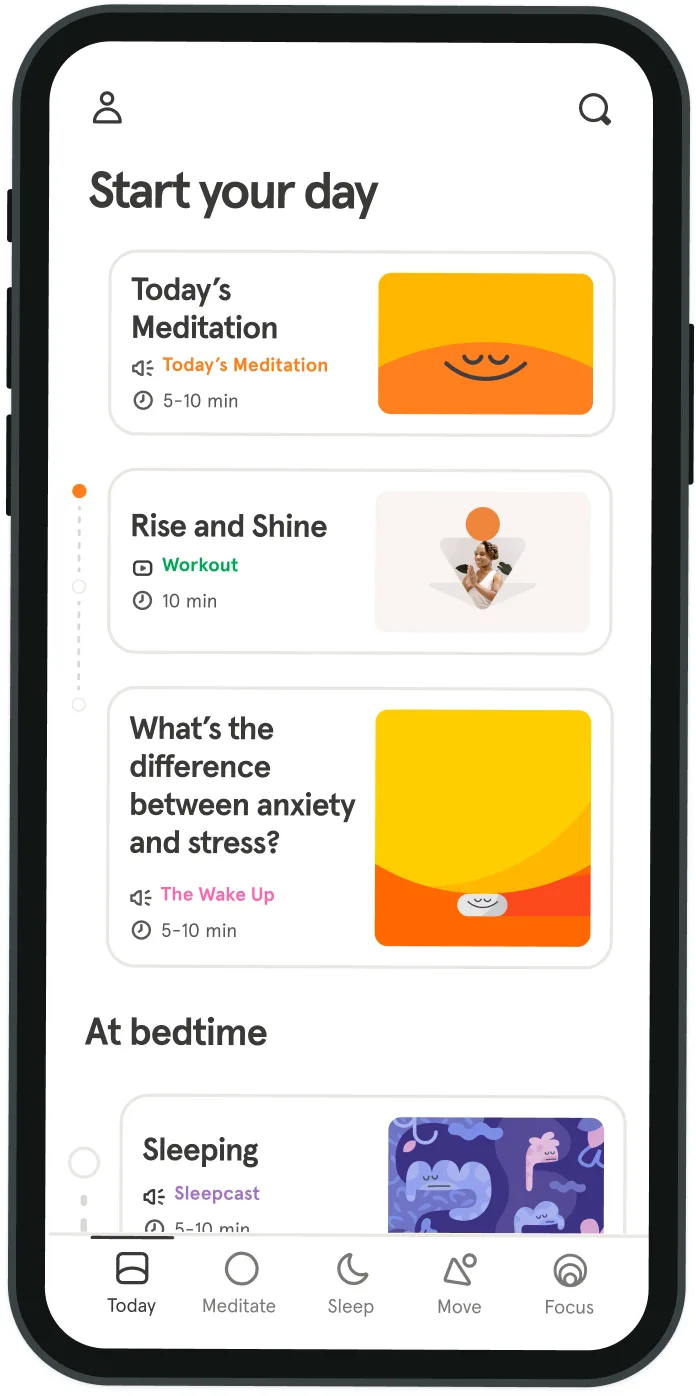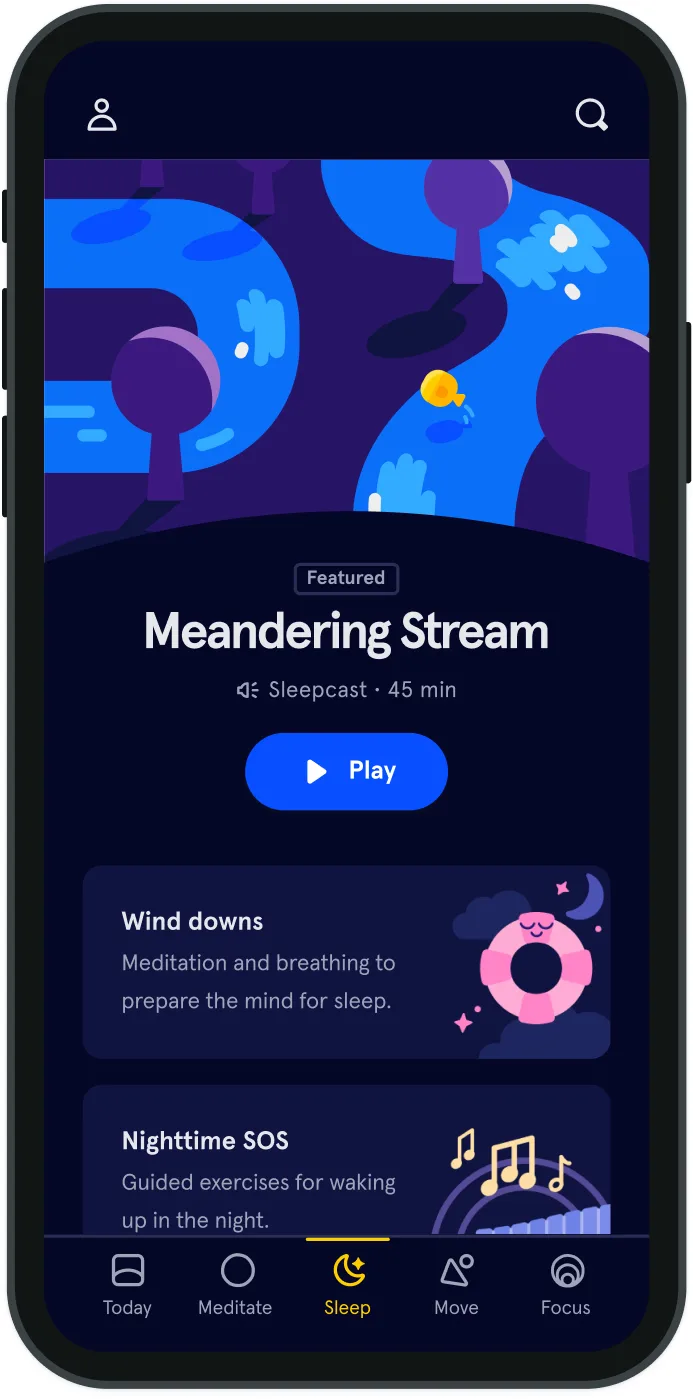Taking the training wheels off of life
I have never been comfortable with both feet off the ground. Being airborne in planes, getting upside down in yoga postures, I’ll do anything to avoid it.
I’m also naturally suspicious of anything that moves too fast. Because of this, I harbor a horrible secret: I can’t ride a bike. I’m mortified to admit it. I just missed that part of childhood, and along with many other things in life, it slipped further down my to-do list. Growing up in a Pakistani family, there wasn’t a huge focus on physical and outdoor activity, particularly not for girls. This wasn’t necessarily unusual—culturally, growing up in a Pakistani culture is different in almost every way imaginable from growing up in a Western one, and these differences manifested in other ways too, like not being allowed to bare my legs, or socialize too closely with boys. Instead, I was encouraged to excel at school. I enjoyed learning, and since I was not at all athletically gifted, it was easy to forget about things like bike riding and swimming. I was always more comfortable in my head than in my body, anyway. Over the years, without realizing it, I stopped seeing myself as someone who would try riding a bike. The cyclists zipping past me became invisible, and I walked by bicycle repair shops without a second glance. They were not part of my world, not who I was, it was simply not for me. I spent years refining my bookish persona, and just could not imagine myself on a bike. It became, eventually, not a closed door, but a locked one. “Have not” quickly became “cannot”.
It’s come up on holidays and weekend excursions, like an invisible handicap you dread addressing. The longer I’ve left it, the bigger the hurdle has seemed to overcome, and this sense that I’m missing out on something has only grown. But figuring out how to start just seemed so painfully, awkwardly uncomfortable, and like it would be painstaking work. I would be making myself completely vulnerable and expending a lot of energy for a payoff that looked distant and fuzzy. And yet, I knew that the only thing that would make that gnawing sense of missing something go away for good was to just start. So this past spring, I bought a bike of my very own and got on the road. It’s pale yellow with a wicker basket, and picking it was a moment of giddy joy. What seems so simple for others has felt like a climbing a mountain to me. I don’t trust I can keep myself upright, moving. I watch people cycling as if performing feats of magic—and in a way, they are. I’ve been out practicing. Honestly, it’s frustrating; I feel exposed, embarrassed, vulnerable. Dog walkers and families in parks do a quick double take before they realize that yes, I am a grown woman, learning something most people master by the age of five. It turns out, though, there can be rites of passage in adulthood. Being open to a different order of milestones in your life can relax your expectations of them, and how they should or might happen, something I’m bearing in mind off the bike too. I’ve brought a lot onto the bike with me, discomfiting emotions and thoughts about fear, avoidance, comfort zones, trying, and the ways we find around those thoughts. Finding a force other than avoidance to propel me has meant digging deep. But I’m learning a command of and comfort with my body that I have never been taught; to let it tumble, be scratched, scraped, bruised. It doesn’t feel good, but it is what a body is for.
I think of the reasons for this gap in my early childhood. My parents are not adventurous; they tend to retreat in the face of risk, staying safely rooted in what’s familiar. To learn now is my own attempt to rewrite the script, change the course of the story, quite literally find a path before me where there’s been none. As this new layer of life is unlocked, so is a whole new language—one of brake speeds and mudguards and hubcaps. Suddenly I’m aware of commuters and racers, and look at the different types of bikes locked up on pavements with cautious curiosity. Cycling is, of course, a classic analogy for life. The old adages “you must keep your balance or you’ll fall off,” “it’s easier to change direction when you’re already moving,” or “it’s like learning to ride a bike” remind us that cycling is a foundational skill that mirrors all of life’s turns. In conquering our fears, we imagine ourselves the hero of the story, who, when the moment comes to rise to the challenge and do what needs to be done, we just somehow will. But true progress is slow, a humble reminder that lasting change doesn’t happen in one leap, one pedal of the wheels, or through sheer force of will. It emerges with gentle persistence and a kind of clumsy grace. The frustration is balanced out by an underlying satisfaction that I’m trying, I’ve started the journey of going where I want to go. It is an end to the perpetual deferral of goals. It can pain us to think of the things we have not done. The spaces we have not stepped into can fill with fear, but there is room for a “yet”. I haven’t tried this thing yet, I haven’t started doing that yet. All the yets blur as we get older, but it’s acting on them, that sense of forward motion, that’s important. Where there is forward motion, there is life.



Be kind to your mind
- Access the full library of 500+ meditations on everything from stress, to resilience, to compassion
- Put your mind to bed with sleep sounds, music, and wind-down exercises
- Make mindfulness a part of your daily routine with tension-releasing workouts, relaxing yoga, Focus music playlists, and more
Meditation and mindfulness for any mind, any mood, any goal
- © 2024 Headspace Inc.
- Terms & conditions
- Privacy policy
- Consumer Health Data
- Your privacy choices
- CA Privacy Notice
